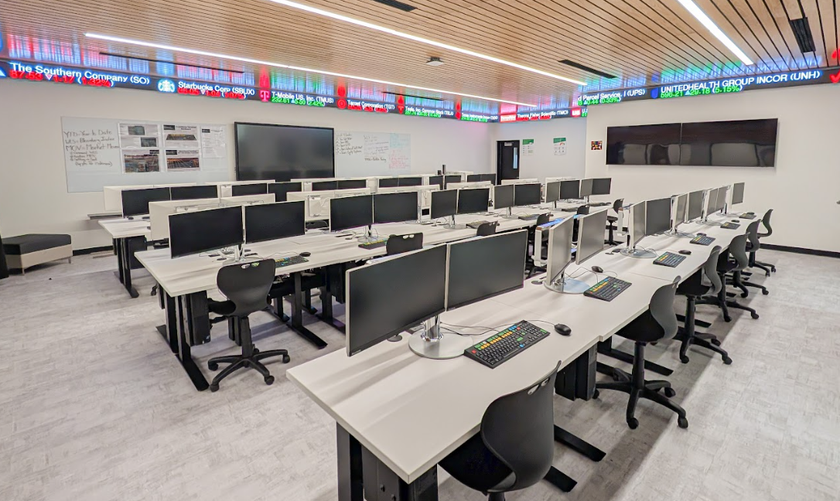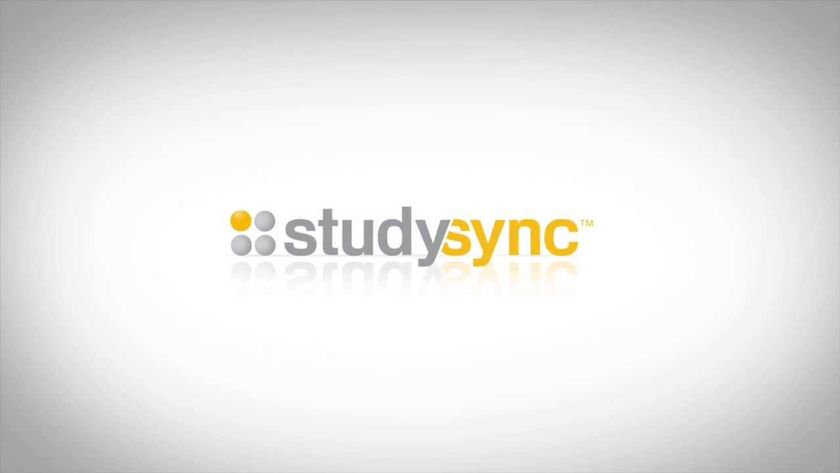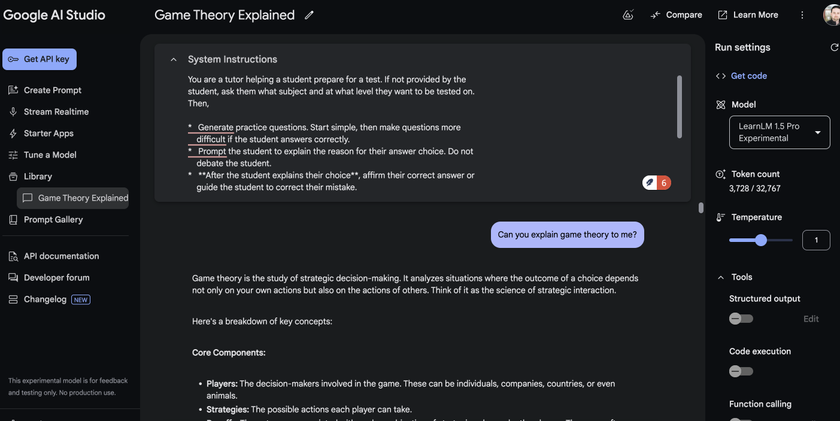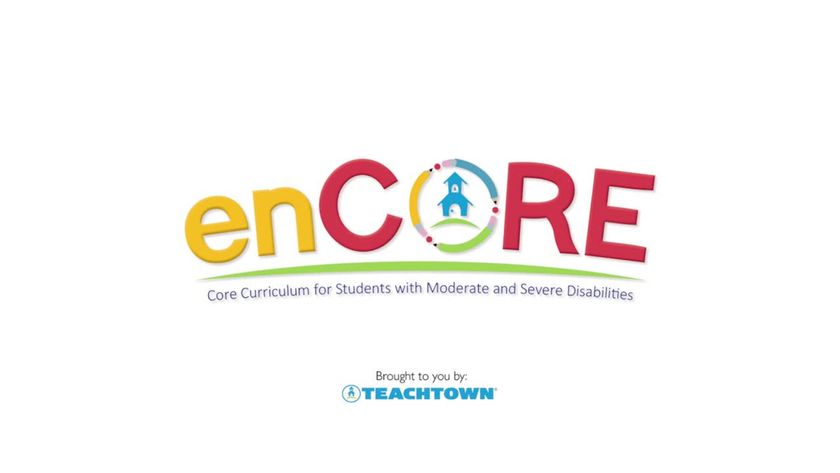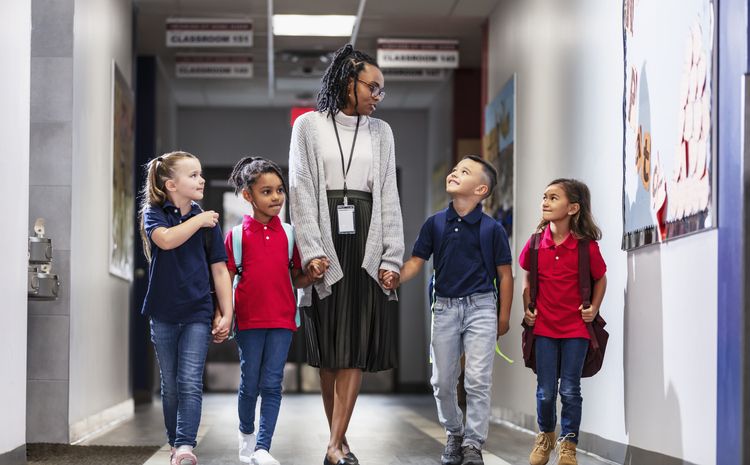She Pretended to Be a Teacher as a Kid, Now She’s Helping Educators Incorporate Blended Learning
INNOVATIVE LEADER AWARD WINNER - Teaching blended learning to other educators is the latest step of Sherri Powell's lifelong education journey

The first sign of Sherri Powell’s passion for education came in the form of a childhood game.
“Back in Mississippi, we went outside and played. These kids today, they don’t go outside and play,” says Powell. “I was either playing house or momma or something like that, or playing school. I enjoyed playing school and being a little fake teacher, so to speak. I ended up looking forward to the summers when I would help teachers pack up their classrooms. They would throw a lot of stuff away, whether it was worksheets or other materials.”
Powell would gather up these discarded worksheets and tools of the teaching trade. She would then take it all back home, where she would conduct a pretend class on the porch with the neighborhood kids.
Today, Powell has her master's and bachelor's in education, and has been an educator for more than 20 years. She is still helping others succeed through the power of play and exploration as an education specialist with the publishing and digital learning department of the Region 4 Education Service Center (ESC) in Texas.
She recently helped her department receive a blended learning grant from the Charles Butt Foundation. As part of that process, Powell has offered training and other resources to the 80-plus school districts and charters that serve some 1.2 million students in Region 4.
Due to these and other efforts to support the effective use of technology in education, she was honored with Best Implementation of Digital Curriculum at the recent Tech & Learning Regional Leadership Summit in Philadelphia.
Blended Learning Best Practices
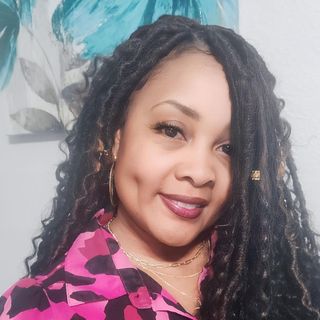
To fulfill the mission of the grant and to support blended teaching efforts in Texas, Powell is hosting professional development for blended learning across Region 4 in Texas.
Tech & Learning Newsletter
Tools and ideas to transform education. Sign up below.
“So far I probably rolled out about 22 or so different blended learning sessions,” she says. “These sessions range anywhere from one hour to six hours, whether it's face-to-face or hybrid or just plain virtual. In the future, we're actually going to start working on a blended learning speaker series.”
At these PDs, Powell focuses on eight aspects of blended learning:
- Designing the Blended Student Experience
- Assessment and Data-Driven Instruction
- Discovery-Driven Planning
- Personalized Instruction
- Relationships
- Student Agency
- Designing for Rigor
- Designing for Reading Instruction
Embracing Technology By Being Open and Flexible
While sharing new practices, Powell has learned that when it comes to blended learning, one size does not fit all. “We know that every district is different, every charter school is different,” she says. Some schools still don’t have equitable access to technology, and different districts and schools have different access to tech tools. Embracing and working with these differences is important, Powell says.
Some of the tools Powell recommends for blended learning include Nearpod, Edpuzzle, Flip, Wakelet, Bulb, and for younger students she recommends Seesaw. She also believes educators who are reluctant to embrace a new edtech tool because of their own fears can learn a thing or two from their students – just like Powell as a child, many students are eager to teach.
“Trust me, tell your students to do it, they will figure it out and they will come back and teach you,” she says. “I encourage our educators to step out of the box and meet kids where they are because these kids are surpassing us and how we learned back in the day.”
To share your feedback and ideas on this article, consider joining our Tech & Learning online community here.
Erik Ofgang is a Tech & Learning contributor. A journalist, author and educator, his work has appeared in The New York Times, the Washington Post, the Smithsonian, The Atlantic, and Associated Press. He currently teaches at Western Connecticut State University’s MFA program. While a staff writer at Connecticut Magazine he won a Society of Professional Journalism Award for his education reporting. He is interested in how humans learn and how technology can make that more effective.

